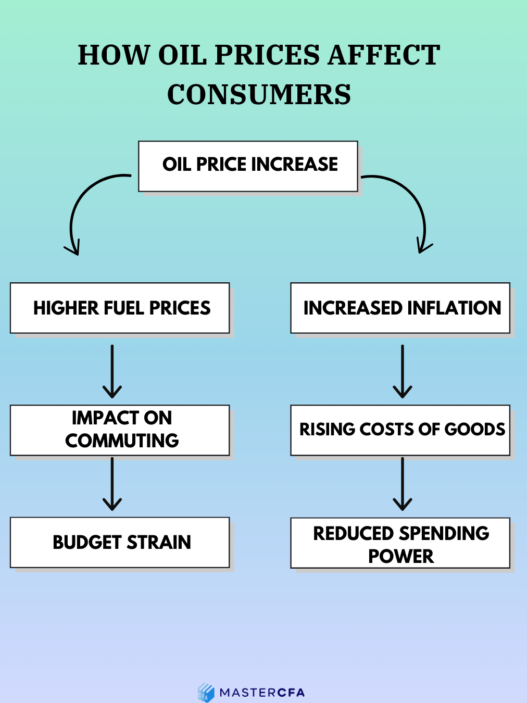What Happened?
Powered by MasterCFA.com
The Bank of Canada made a significant move by cutting its benchmark interest rate by 50 basis points to 3.75%. This dramatic cut has sparked increased interest among Canadian homeowners in switching from fixed to variable rate mortgages. Mortgage brokers report a surge in inquiries from clients looking to capitalize on potentially lower payments through variable rates.
Why Does This Matter?
Economic Impact
- The rate cut signals a major shift in Canadian monetary policy
- Could help ease the country’s housing affordability crisis
- May influence the broader real estate market dynamics
- Potential stimulus for economic activity through increased consumer spending
Personal and Business Effects
- Homeowners could save approximately C$4,500 on a C$400,000 mortgage
- Increased flexibility in mortgage choices for consumers
- Enhanced competition among lenders
- Businesses in real estate and related sectors may see increased activity
Theoretical Concepts in Action
Economic Theories at Play
- Monetary Policy Transmission Mechanism
- How central bank decisions affect consumer behavior
- Interest rate channel impact on borrowing costs
- Interest Rate Risk Management
- Fixed vs. variable rate trade-offs
- Duration risk considerations
Real-World Application
Historical example: Similar to the 2008-2009 period when rate cuts led to increased mortgage refinancing activity and housing market stimulus. The current situation demonstrates how monetary policy directly influences consumer financial decisions and market behavior.
What Could Happen Next?
- Further rate cuts might occur if economic conditions warrant
- Potential increase in housing market activity
- More competition among lenders leading to innovative mortgage products
- Possible shift in consumer preferences towards variable rate mortgages
- Market expectations suggest rates below 3% by late 2025
Why You Should Pay Attention
Understanding interest rate dynamics and mortgage markets is crucial for:
- Making informed personal housing decisions
- Identifying investment opportunities in real estate and banking sectors
- Developing risk management strategies
- Anticipating market trends and economic shifts
Questions to Ponder
- How might this rate cut affect long-term housing market stability?
- What are the risks of switching from fixed to variable rates in the current environment?
- How could this policy change impact different segments of the population differently?
- What role does immigration play in Canadian housing market dynamics?
Keep Learning with MasterCFA: Understanding mortgage markets and interest rate dynamics is crucial for financial analysts. These concepts are fundamental to portfolio management and risk assessment. Dive deeper into these topics to enhance your understanding and prepare for the CFA Exam. Explore more insightful articles and resources with MasterCFA to stay ahead in your finance career.















